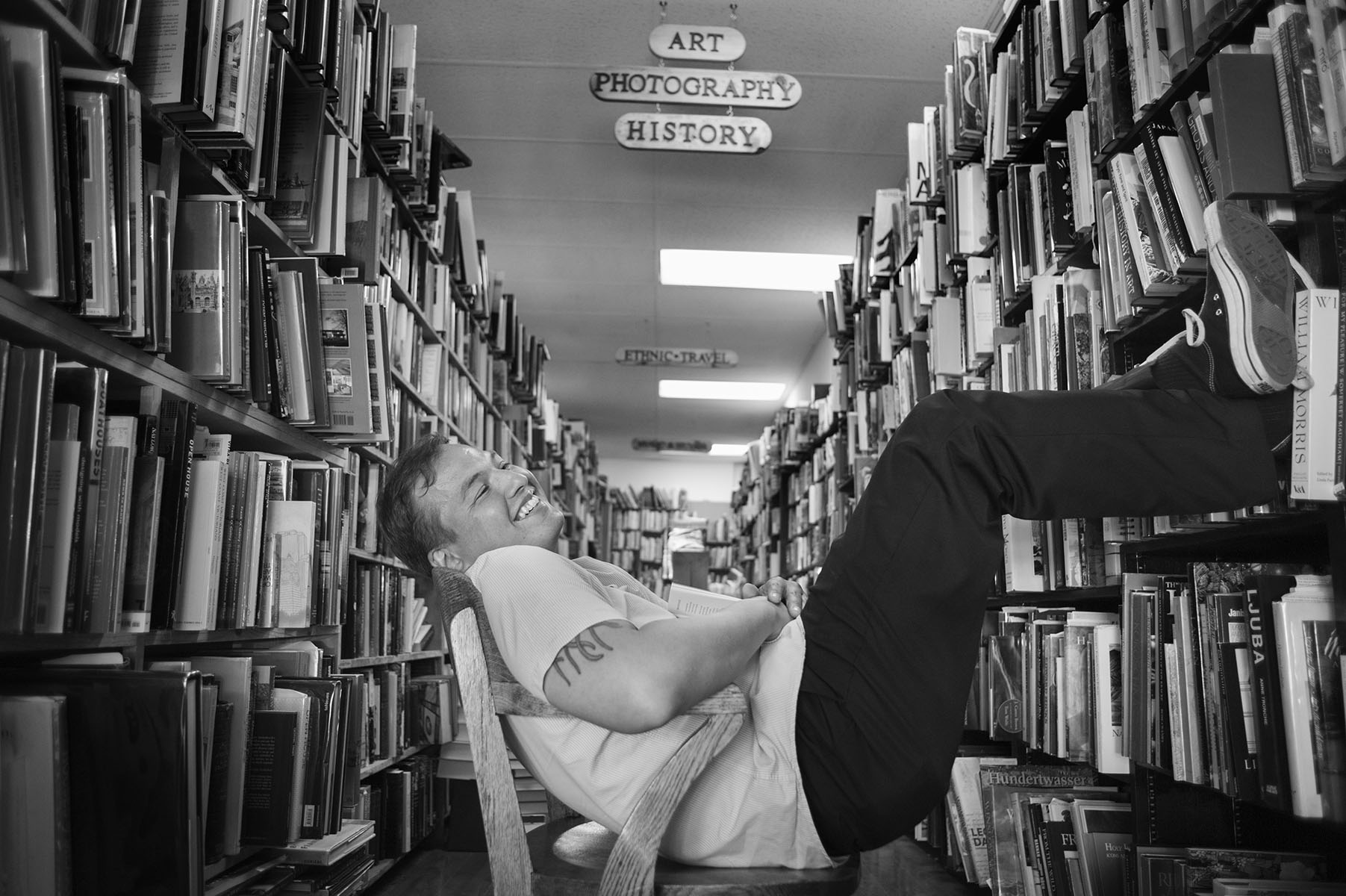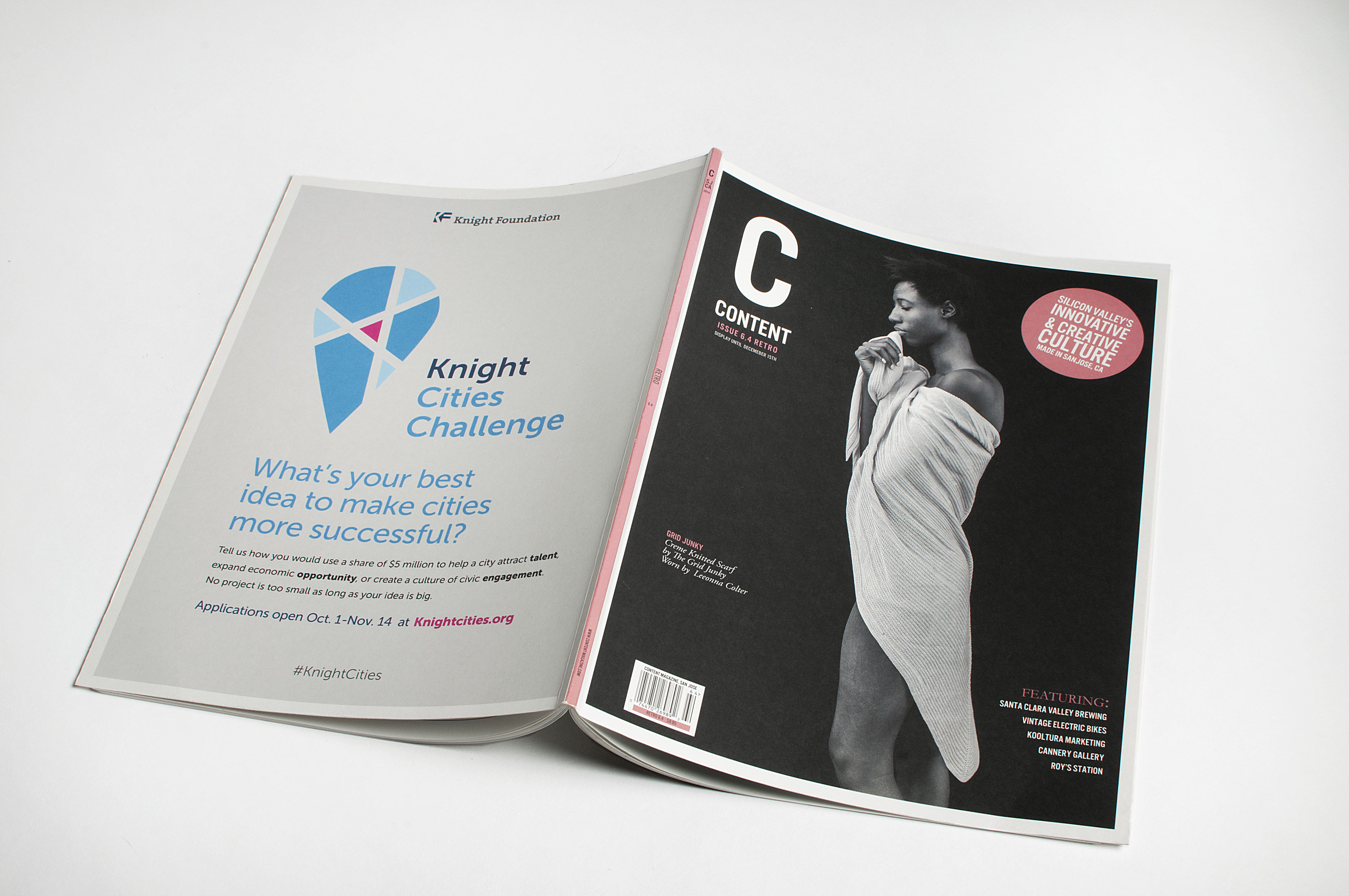
“I take on only the work I need in order to survive or work that truly excites me creatively. When my plate is full, I leave the buffet and eat. And when I’m finished, I don’t fill it up right away.”
I recently took time to catch up with an old friend, David Perez. David has managed the sort of things that few do, including earning the title of Santa Clara County Poet Laureate. His words blend playfulness and insight, both in poetry and interview.
What role do you see technology playing in the lives of writers?
One effect of technology is that it has allowed for greater pluralism in terms of who gets to put their work out there. The common beef with this pluralism is that it creates a lot of junk to sift through, but it seems to me that the Internet has gotten really good at allowing us to sift and to find the things we’re looking for. Before I get too optimistic about it, I will also say that certain companies in control of how we find our information, literature, and art have a way of compelling us to like certain things and of favoring content that is in their interest for us to favor. But at the end of the day, this is a tension I have chosen to live with, albeit cautiously. I think it’s great that writers can self-publish and market themselves to their niche audience.
In the era of TV, memes, GIFs, and like buttons, do you see a way of selling literature to the masses?
I think that “selling literature” is becoming more and more a matter of finding one’s specific readership. This is something the Internet encourages in general. It rewards you for being very specific in your tastes, for taking tangents and running with them, because it allows you to find whole communities that appreciate whatever sub- sub- sub-genre you’re working with. I think the take-home is that writers should feel free to experiment and to challenge themselves. They should take very seriously the economic viability of total surrender to their idiosyncrasies. Of course, it takes some work after the fact to find the right audience, but they’re out there. No matter how strange an animal you create, someone out there is into it.
How have you used technology to promote yourself?
Paying Facebook to promote my posts works, sadly, quite well. Actually engaging with others through social media can also work. What doesn’t work is using social media as a dump for your event info. If all people ever see of you is what time your show starts, they’ll just ignore it. They need to connect with you first. It’s just like any other social interaction. You need to be present with it. You need to really talk to people and participate in the forum. Then people might be interested in what you’re doing outside of it. I’ve found it’s also nice to have content available specifically for an online audience. For me, this is pretty simple: sample poems and videos, that sort of thing. The downside of all this is that in the outside world you’re constantly tapping a little black box while people are trying to talk to you. So they start tapping their black boxes. Before you know it, it looks like we are all engaged in this cultish kind of walking prayer.
What about poetry appeals to you more than other mediums?
Nothing. I adore fiction and drama. When you read a good novel you leave your body and live in someone else’s. Poetry does this for you too, but a novel does it for a looooong time. So long that you forget who you are. And, well, I love to forget myself. I do it as frequently as possible. As for drama, I have a crush on every stage actor I’ve ever seen perform. I am beguiled by the unfolding of live narrative. While I haven’t written novels or plays, I have written short stories and screenplays. But I mostly write poems. Why? Ask the leprechaun that whispers in my ear at night.
What’s your writing ritual?
I find a way to create a full day with no obligations. I politely suggest to my partner that she have a night out. I put on music without lyrics. Then I procrastinate for four hours and become involved with something on the Internet. I decide that the problem is the music, so I turn it off, then continue to procrastinate on the Internet. Then I get really sad. I start wondering if I’m not such a good writer after all. Then I start writing, dejected, guilt-ridden, and skeptical. None of it works. It’s all a mess. I delete it. But because I have a full day with no obligations, I still have about eight hours left. Those are the money hours.
What turns you on creatively?
Stepping off the tracks and quietly watching the rat race like I might watch an episode of Ninja Warrior, without investment or the sense that I’m in the thing as a contestant.
In The War of Art, Steven Pressfield explains resistance as anything that blocks you from creating. What are some forms of resistance you’ve met, and how do you deal with them?
The constant stream of unresolved logistical challenges that daily adult life demands. That is my most clear-cut resistance. I deal with it by choosing my battles carefully. I take on only the work I need in order to survive or work that truly excites me creatively. When my plate is full, I leave the buffet and eat. And when I’m finished, I don’t fill it up right away. I look at the empty plate with love and I let it be empty for as long as possible. This means I let opportunities go by. People ask me to do things, and I often say no. I love the word “no.” Sometimes I sit alone and say it softly to myself…no.
What role, if any, does pain play in the creative process?
Pain is the reason poetry is necessary. Pain has us all walking around broken. We don’t know we’re broken because we’re not allowed to show it, so we get too good at acting. When you make art, you take off a mask. The point is not to find some according-to-Hoyle genuine essence. The point is to try to stop pretending like you know what’s going on, and with a modicum of style and grace, report what you see. Not the names for what you see, what you actually see.
How has your writing changed with age?
HA! Yes…yes. Now I write about Ensure and Matlock. In all seriousness, as I get older I find myself looking less towards big showstopping events and more towards the everyday. I feel so confined by the day-to-day. When I first started writing, I escaped from it. Now, I look closer at it in the hope that I’ll find out that what’s happening actually isn’t as mundane as it seems. I wonder if life only seems repetitive because I’m not paying enough attention.
Is there a creative place that you are trying to get to?
I want to make a movie. There, I said it. I have always gravitated to poetry. But in school, I studied and developed a deep appreciation for film. Once life gets less busy and more…um…funded, I’m looking to do some shooting.
Who are your biggest influences?
Emily Dickinson deserves every bit of her popularity. Also on the list: Charles Simic, Jeffrey McDaniel…Kubrick. I know everyone says it, but Kubrick.
What book would you give someone to inspire greatness?
White Noise by Don DeLillo.
JFK said, “When power leads man toward arrogance, poetry reminds him of his limitations. When power narrows the area of man’s concern, poetry reminds him of the richness and diversity of existence. When power corrupts, poetry cleanses.” What role do you think that poetry plays in society?
Progress, as we think of it, is forward motion. Developing more products, better services, increased efficiency, higher yields, greater market value… Poetry reminds us why we should care about the business of staying alive. It is sideways progress. The more sideways progress you make, the more you’re able to enjoy, evaluate, understand, criticize, and reimagine forward progress. If we are not able to do these things, we stand to back ourselves into a corner, acting and thinking robotically, without knowing why we are doing anything. Productivity will exist for its own sake. It won’t be there to benefit the lives of the people making it happen. It’ll be something that uses them up in order to perpetuate itself, something they are powerless to control. If it sounds like I’m describing the way things are already…well…sideways progress becomes pretty urgent, I think.
One of my favorite Dylan lyrics is, “And Ezra Pound and T. S. Eliot/Fighting in the captain’s tower/While calypso singers laugh at them” from Desolation Row. Who would win that fight?
Eliot, because I would be his tag team partner. I would hit Pound with a chair when the ref wasn’t looking.
DAVID PEREZ
instagram: dperezer
twitter: dperezer
Article originally appeared in Issue 6.4 “Retro”

